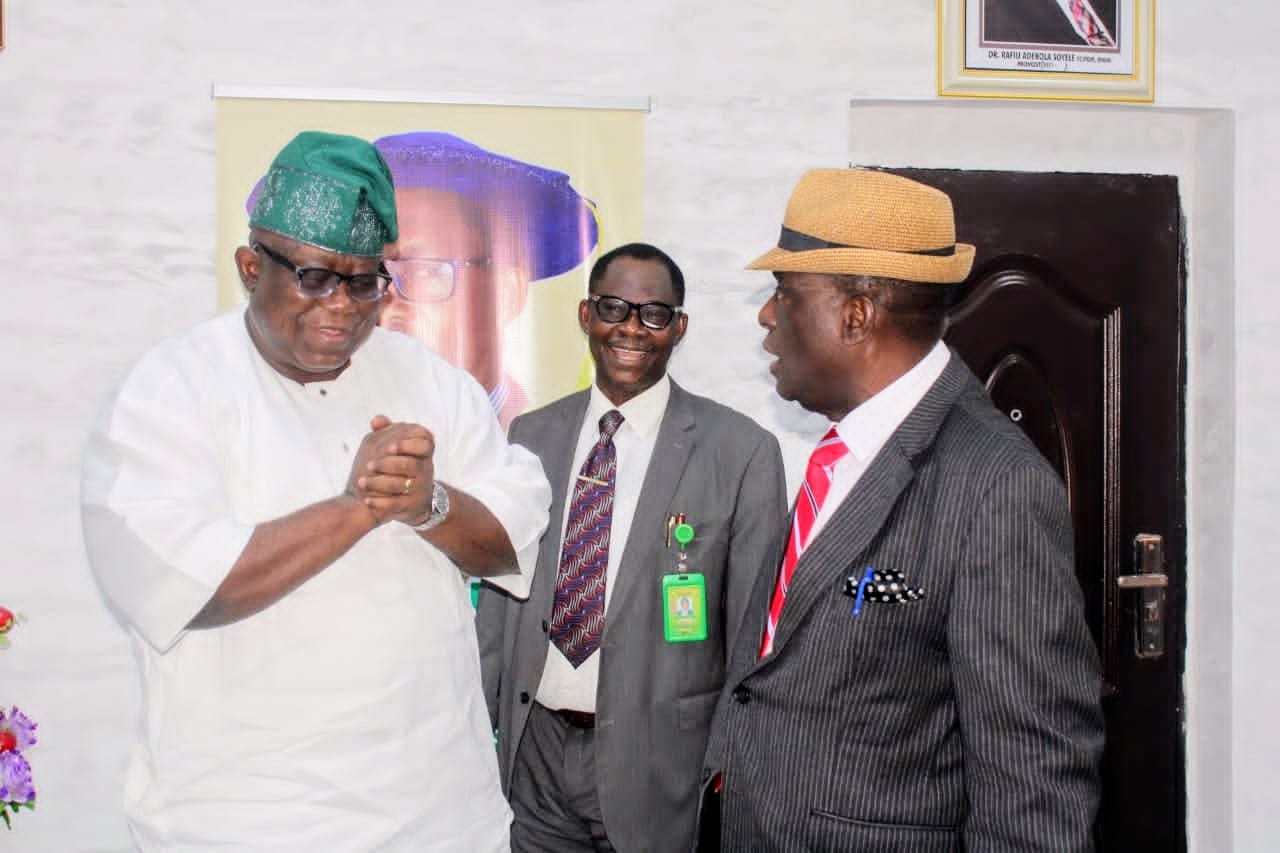
Decries degradation of teaching profession as FCE Osiele graduates 6, 444
Chairman Federal Civil Service Commission, (FCSC), Professor Tunji Olaopa, has called for the adoption of dual-mode strategy to strengthen and better position graduates f colleges of education as teachers as against calls to scrap the institutions.
He made the call while delivering a lecture at the 25th combined convocation ceremony and 48th anniversary celebration of the Federal College of Education, (FCE), Osiele in Abeokuta, Ogun state.
According to him, dual-mode institutions deploy both conventional on-site/on-campus mode of learning as well as off-site/on-line distance learning mode and this means reforming and upgrading COE,
“Becoming a dual-mode implies that the colleges will be able to award certificates of education and degrees through the dual-mode delivery arrangement
“The universities, the monotechnic and polytechnics, were established to, within framework of complementarity, jointly cater to the human capital imperatives of national development.
“Unfortunately, our national malaise has played out to undermine that flexible relationship of responsibilities among the critical institutions, in favour of just one of them.
“The import of that is that we assume that the universities alone can produce the manpower that Nigeria requires for her productivity turnaround; and that it can so do without the full participation of polytechnics and the colleges of education. And so sadly, and in spite of the dysfunctionalities that this structural disconnect has created for manpower planning and utilization, most COE are trailing behind in the shadows of the universities.
Given declining statistics of applications into COE, professor Olaopa fears that the noble profession of teaching is faced with and is being threatened in terms of producing quality teachers that will fill growing demand for teachers amid increasing population.
“In 2021, out of a total of 1,351,284 candidates that sat for JAMB, only 1.7% (15,747) chose COE. It fell to 1% (24,062) in 2022, and in 2023, out of a total number of 1,595,773 that applied for JAMB, a total of 141,976 only applied for admission to both the polytechnic and COE.
“In other words, Nigeria has a higher education predicament rooted in the dysfunctionality of the irrelevance of its structure of certification to her national human capital requirement,” he adds.






